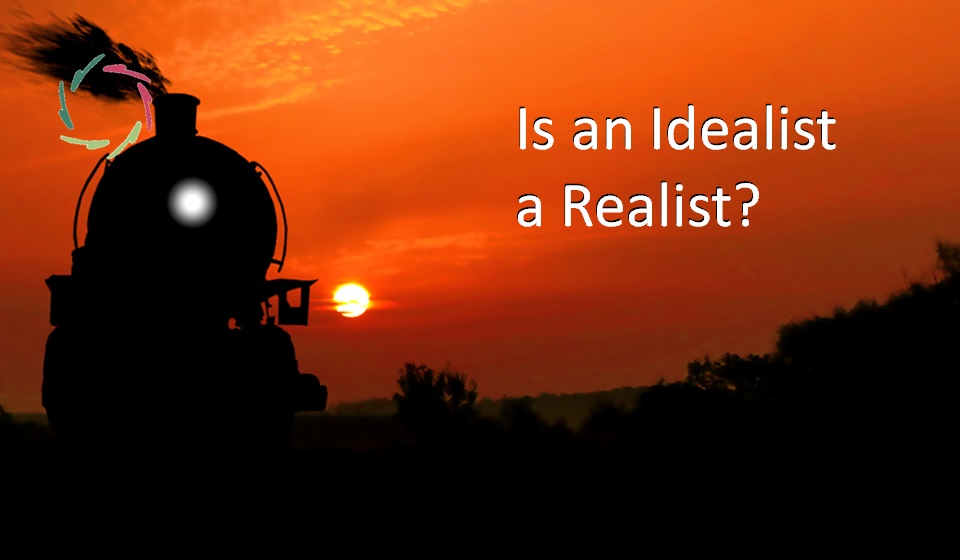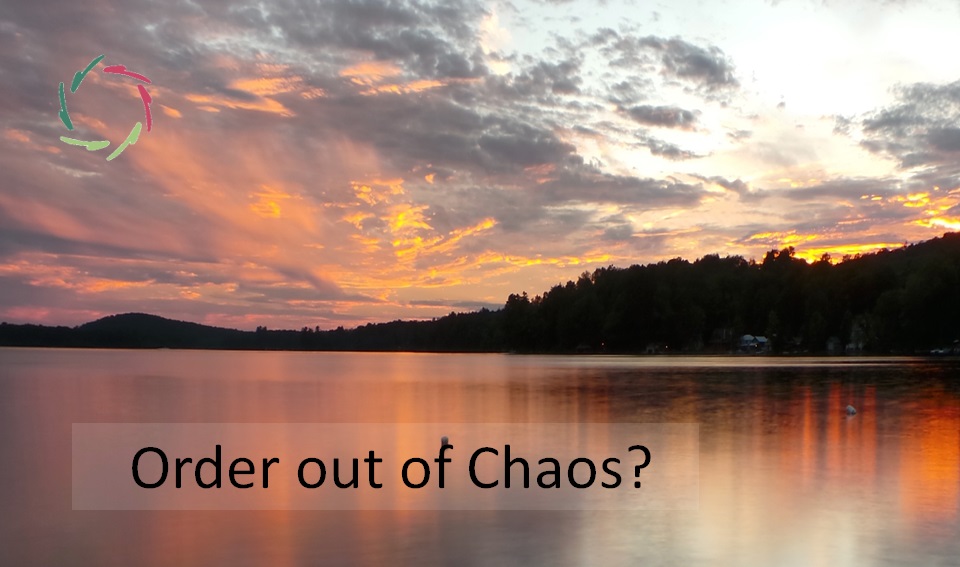“You are Not a Drop in the Ocean; You are the Entire Ocean in a Drop”

Rumi’s words carry a profound and timeless wisdom. In this simple yet evocative statement, the poet encapsulates the vastness within each individual and our inseparable connection to the whole.
This blog explores their depth and implications for personal and collective growth.
Ocean and drop
The ocean symbolizes the infinite — the universe, collective existence, or the interconnected web of life. The drop, on the other hand, represents the individual. At first glance, a single drop seems minuscule compared to the vastness of the ocean. Yet, Rumi reminds us that the drop contains the essence of the ocean.
This interplay of microcosm and macrocosm emphasizes how each part reflects and holds the whole.
The philosophy of oneness
At the heart of this metaphor lies the idea of oneness. Across spiritual traditions, from Advaita Vedanta to Sufism and Buddhism, there is a recurring theme: separation is an illusion. Science, too, supports this view sometimes through concepts like fractals and holography, showing that the smallest part of a system can mirror its entirety.
Whether seen through spirituality or science, this principle of interconnectedness deepens our understanding of existence.
The empowering message of self-recognition
Rumi’s words empower us to see beyond the surface. Each of us carries the infinite within — a vast reservoir of potential waiting to be tapped. This recognition can transform feelings of insignificance into a profound sense of self-worth.
When we realize that we are not merely small players in a large universe but carry the essence of the universe itself, we unlock inner strength and resilience.
A journey of self-discovery
Rumi’s quote is an invitation to look within. Exploring the ‘entire ocean’ inside us means connecting with our deeper selves.
This journey can be undertaken through practices like meditation, uncovering layers of inner depth. Autosuggestion, as a gentle way of communicating with our non-conscious, also facilitates this connection to the ocean within.
Beyond the self: connection to the whole
Understanding that we are the ocean within a drop also reveals our interconnectedness with others. Every individual is another ‘ocean in a drop,’ equally vast and profound.
This realization fosters empathy and Compassion, making personal growth a shared journey. Like waves in the ocean, our actions ripple outward, influencing the larger whole.
The balance between individuality and universality
Rumi’s wisdom teaches us to embrace the paradox of being both unique and universal. We are distinct, yet we are also inseparably part of the whole.
This balance encourages humility and responsibility. We can honor our individuality without becoming consumed by ego and engage with the world, knowing we are part of something much more significant.
Applications in everyday life
This metaphor isn’t just poetic — it has practical implications.
In personal relationships, seeing others as oceans in drops fosters deeper connections. In creative and professional pursuits, embracing our vastness helps us think expansively and act with purpose. Even in times of challenge, remembering the ocean within us brings resilience and clarity.
A call to expand consciousness
Rumi’s words invite us to expand our awareness. Recognizing the vastness within ourselves helps us grow spiritually, emotionally, and intellectually.
By integrating this understanding, we not only transform our inner world but also contribute to a more compassionate and interconnected external world.
Living the wisdom of the ocean in a drop
Rumi’s message is a call to embrace both our infinite essence and our place within the greater whole. Each of us is an ocean — vast, profound, and powerful. Living this wisdom means honoring the infinite potential within while connecting deeply with others and the world around us.
As we reflect on Rumi’s words, we can carry their transformative insight into every aspect of our lives.


